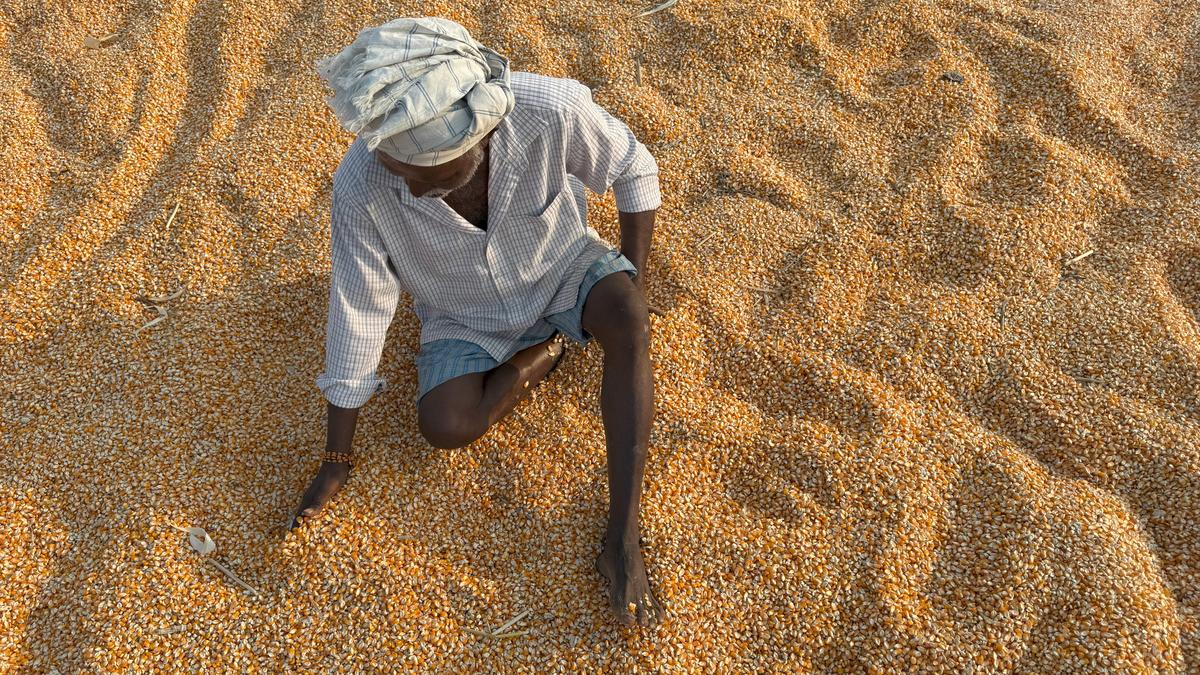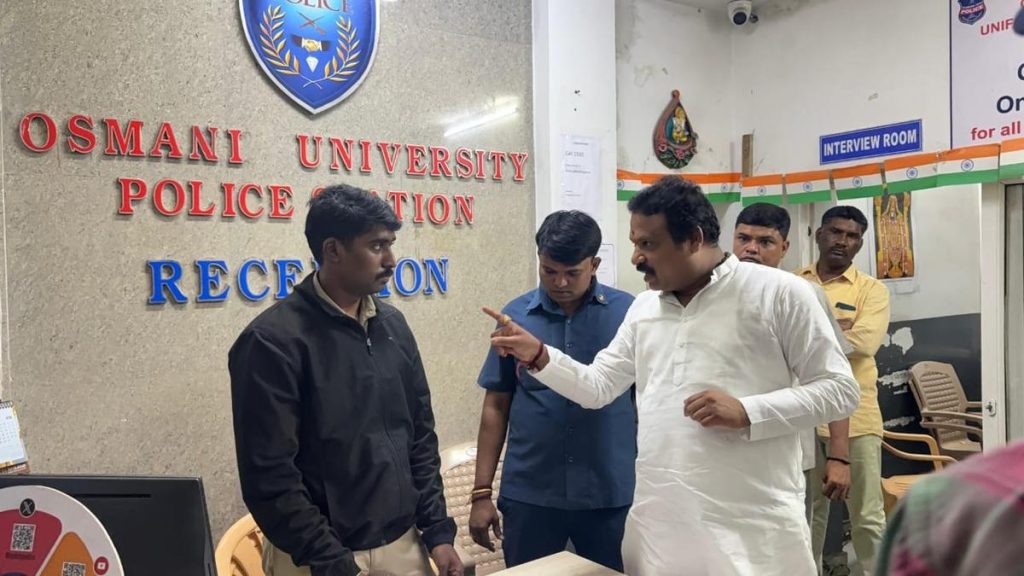Now Reading: RSS-Linked Farmers’ Group Seeks Ban on GM Maize Trials at Punjab Agricultural University
-
01
RSS-Linked Farmers’ Group Seeks Ban on GM Maize Trials at Punjab Agricultural University
RSS-Linked Farmers’ Group Seeks Ban on GM Maize Trials at Punjab Agricultural University

Rapid Summary
- The Bharatiya Kisan Sangh (BKS), farmer’s wing of Rashtriya Swayamsevak Sangh (RSS), demanded the cancellation of GM maize field trials in Punjab Agricultural University’s fields, citing potential health risks.
- Field trials of two types of genetically modified (GM) maize-herbicide-tolerant transgenic maize and insect-resistant transgenic maize-were approved by the Genetic Engineering Appraisal Committee (GEAC) after consent from the Punjab government; these are set to begin in the kharif season of 2025.
- Bayer Crop Science Limited proposed conducting confined trials at Ludhiana-based university.
- BKS objected, expressing concerns over possible adulteration during production and distribution since GM corn primarily serves as human food in India.
- Citing previous failures with pest-resistant crops like BT cotton, BKS warned against similar uncertainties and adverse effects with GM maize.
- The organization linked chemical inputs associated with GM farming to cancer risks and biodiversity loss, particularly referencing agricultural challenges faced by Punjab farmers.
Indian Opinion Analysis
The objections raised by BKS spotlight key concerns regarding genetically modified crop technologies. Their arguments reflect broader apprehensions seen among Indian farming communities regarding agrochemical dependency, food safety, environmental harm, and health impacts. Historical experiences with crops like BT cotton have fueled skepticism about promised benefits versus actual results. On a policy level, such debates could influence India’s biotech regulatory decisions moving forward.
Punjab agricultural University’s role as a testing ground holds implications for balancing scientific innovation with local agricultural priorities. While GEAC’s approval underscores institutional trust in confined trials’ safeguards, opposing voices highlight potential socioeconomic implications for farmers reliant on organic or indigenous methods. Resolving this tension will be essential for shaping India’s approach to biotechnology within its diverse agrarian landscape.
Read more: The Hindu Article























